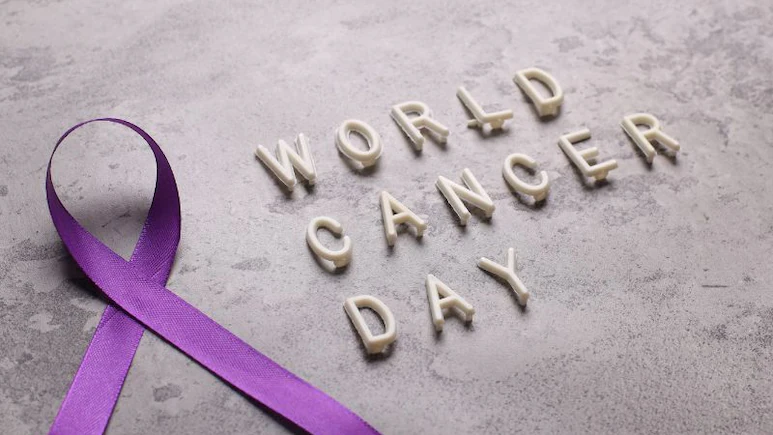Context:
World Cancer Day is observed annually on February 4th to raise awareness about cancer, promote its prevention, early recognition, and treatment, and encourage global action to reduce its impact.
- Theme: United by Unique
History
- This day marks twenty-five years of signing the Charter of Paris Against Cancer at the World Summit Against Cancer for the New Millenium.
- World Cancer Day was first observed on February 4, 2000, during the World Summit Against Cancer for the New Millennium in Paris.
- The Paris Charter aims to encourage research, prevent cancer, enhance patient care, raise awareness, and activate the global community to combat cancer, and it includes the establishment of World Cancer Day.
Significance and Celebrations
- It emphasises the significance of encouraging global action against cancer by fostering collaboration among governments, organisations, and individuals to improve cancer care and support research initiatives.
- It brings communities together to support cancer patients and survivors, promote solidarity, and advocate for better healthcare policies, research funding, and support services.
Government Initiatives
- According to data from the National Cancer Registry Programm, cancer cases are expected to increase significantly, with an estimated 800,000 new diagnoses annually.
- National Cancer Awareness Day—India observes an initiative that aims to raise awareness about the growing cancer burden in the country and inspire action towards prevention, early detection, and treatment.
- Addressing Risk Factors: India’s cancer landscape is influenced by lifestyle-related risk factors, with tobacco consumption being the leading cause, responsible for 40–50% of cancer cases in men and 20% in women. Oral cancers, particularly from chewing tobacco, are a major concern in certain regions. The government has implemented measures such as:
- Tobacco Control: Public health campaigns to discourage tobacco use.
- Comprehensive Primary Health Care: Ayushman Bharat-Health and Wellness Centres (AB-HWC) promote wellness and community health communication.
- Nutrition Promotion: FSSAI encourages healthy eating to reduce cancer risk.
- National Cancer Control Programme: It was launched in 1975 and later integrated into the National Programme for Prevention and Control of Cancer, Diabetes, Cardiovascular Diseases, and Stroke (NPCDCS),
- Budgetary Measures to Improve Cancer Care: The Union Budget for FY 2024-25 has provided a boost to cancer care in India, with an increase of approximately Rs 4,000 crore in funding for the National Health Mission (NHM).

